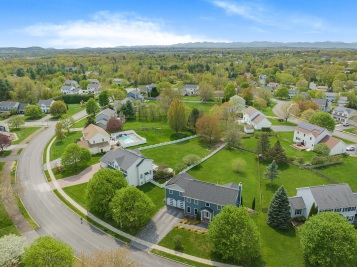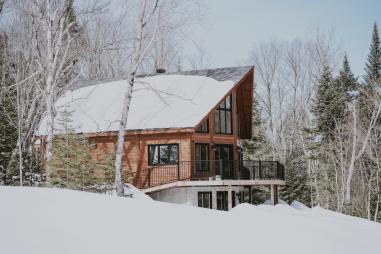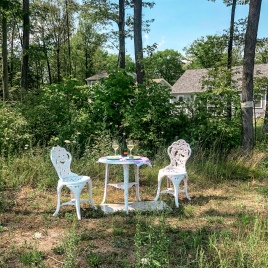 Why do some houses sell for less than their Zillow estimate? Do you think your house will sell for more than the online estimates? In our area, many of you, whether selling or buying, are a bit vexed when they search online. This may lead you to “Enter Your Address and Find Your Home Value,” which just triggers many, many phone calls from real estate agents.
Why do some houses sell for less than their Zillow estimate? Do you think your house will sell for more than the online estimates? In our area, many of you, whether selling or buying, are a bit vexed when they search online. This may lead you to “Enter Your Address and Find Your Home Value,” which just triggers many, many phone calls from real estate agents.
Here’s how it works:
1. You enter you address and email, sometimes phone number is optional.
2. Your personal information is then sent to dozens of local real estate agents.
3. You will receive multiple calls, text messages, and emails.
Your private information, including your street address, and your intent to sell is telegraphed to random real estate agents who will do anything, including drive to your house, for your business.
Why risk your privacy just to obtain a value on your house? We know that pricing a house is both an art and a science. The online estimates on Zillow, Redfin, Realtor.com, etc. are based on complex algorithms that mainly assess on square footage and do not “sort” for types of properties such as condominiums or single family homes, for example.
What should you do if you can’t trust the internet? Stay calm and contact us! Consult with Carolyn and she will prepare a personalized home value estimate based on similar recently sold properties, similar under contract properties, and similar properties for sale. If you prefer to start online, you can fill out OUR form for your free home valuation – this information is ONLY sent to Carolyn, no other agents.
 We would love to write the script for a show, “The Real House Hunters of Chittenden County.” This reality show could follow a group of buyers in their search for the perfect house. Alas, no one has called us (yet) to work on a pilot, so we’ll just regale you with a few house hunting tips to save you some drama.
We would love to write the script for a show, “The Real House Hunters of Chittenden County.” This reality show could follow a group of buyers in their search for the perfect house. Alas, no one has called us (yet) to work on a pilot, so we’ll just regale you with a few house hunting tips to save you some drama. In the wake of the historic flooding that resulted in Vermont being declared a Federal Disaster Area many homeowners and buyers have been asking, “Is my house at risk of flooding?” There is no definitive answer to this question, however we have some resources available to help assess risk levels. Remember, though, water takes its own “path” and what may “not” be in a flood zone or high risk area right now could turn into one very quickly depending on the circumstances.
In the wake of the historic flooding that resulted in Vermont being declared a Federal Disaster Area many homeowners and buyers have been asking, “Is my house at risk of flooding?” There is no definitive answer to this question, however we have some resources available to help assess risk levels. Remember, though, water takes its own “path” and what may “not” be in a flood zone or high risk area right now could turn into one very quickly depending on the circumstances. It’s turning into a cruel summer for many buyers and sellers. Sellers and buyers are increasingly afraid that their house sale or purchase may be their next mistake.
It’s turning into a cruel summer for many buyers and sellers. Sellers and buyers are increasingly afraid that their house sale or purchase may be their next mistake. We do sell houses year-round in Northwest Vermont. Who are these buyers and sellers? Why can’t they wait until the “spring market” when the grass is green and the ice has melted from driveways?
We do sell houses year-round in Northwest Vermont. Who are these buyers and sellers? Why can’t they wait until the “spring market” when the grass is green and the ice has melted from driveways? What do you love about your home? Our marketing program goes above and beyond your average real estate listing. We take the time to research your location, amenities and unique features to attract qualified buyers. We love what you love!
What do you love about your home? Our marketing program goes above and beyond your average real estate listing. We take the time to research your location, amenities and unique features to attract qualified buyers. We love what you love!

 We are obsessed with the weather. When The Weaver Team works from home one of our favorites is The Weather Channel. People often ask me, “Does it slow down in the winter?” Well, yes, in normal times. Then, they ask, “When is the best time for my property to go on the market?”
We are obsessed with the weather. When The Weaver Team works from home one of our favorites is The Weather Channel. People often ask me, “Does it slow down in the winter?” Well, yes, in normal times. Then, they ask, “When is the best time for my property to go on the market?” Is the real estate market cooling off? No.
Is the real estate market cooling off? No.